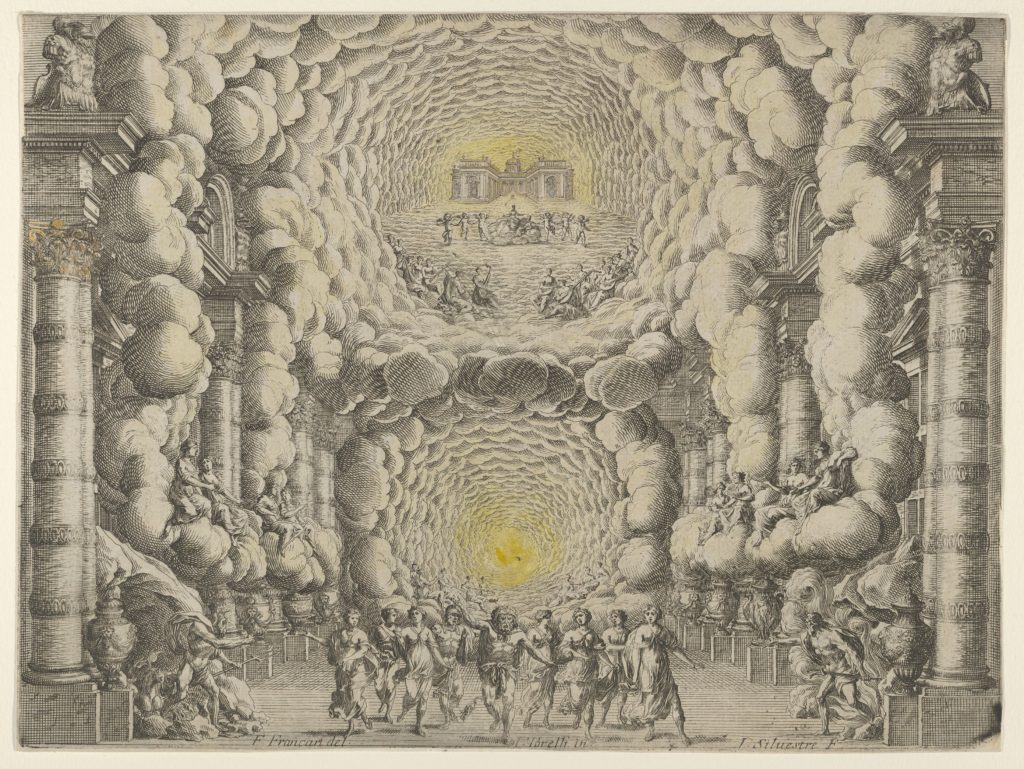
In the first essay to The Enigma of Health, Gadamer opines that the distinction between machines and living beings is the ability to remember. Remembering requires forgetting, for we do not remember the detail of every moment we experience, but specific scents, moments, and sounds. In contrast, the machine simply records all as it happens: the camera captures everything that it is pointed at, and the computer logs every keystroke.
* I am returning to this post months after I originally wrote the first paragraph and closed my draft planning to revise it later that evening. I have since been struck by the phenomenon of abandoning a post I was writing about “machines that remember,” as the title stared out at me from the drafts every time I opened my site.
The path through which I return to this site is decidedly less straightforward, for now I have been swimming in the waters of Derrida’s biodeconstruction. This allows for an interesting conversation with the Gadamer snippet I included above: how is it that the machine’s memory is distinct from living memory, or how is data different from remembering? A fundamental strangeness is the process of memory in many traditional accounts that don’t exclude Spinoza, which is to say that we don’t need to focus on a Cartesian history or a subjective one to run into a similar problem.
I have in mind the way that memory works on a simple level: how does something get recorded? Doesn’t the interaction of two things leave some kind of mark? To invoke sloppy neuroscience, if a memory creates a neural pathway and remembering that memory invokes that same pathway (which serves to strengthen it), doesn’t the pathway thereby change such that I never actually remember the original thing as it was? Isn’t memory, strictly speaking, impossible?
Recall that for Spinoza, while substance has no memory (as memory is an aspect of imagination), definite modes have memories, and they are borne of associations that arise from the direct impact of bodies on ours that leave impressions. We are fundamentally changed in our movements through the world, and what we recall is less so a calling-up than it is a new creation.